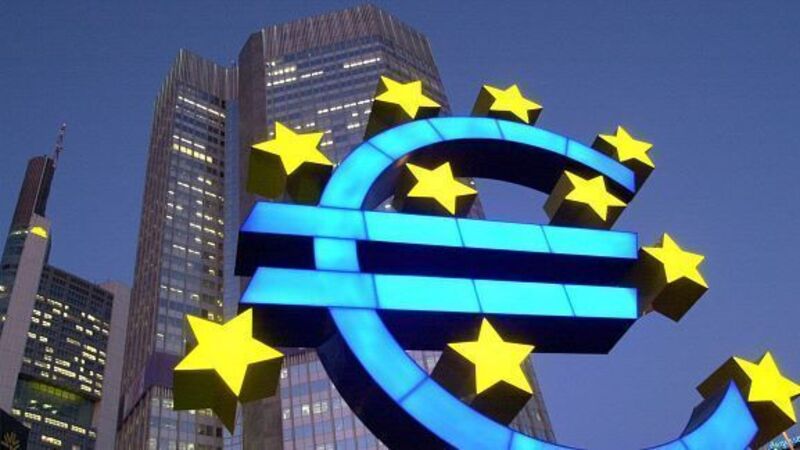Banks seek ECB reprieve

Battered by years of low- interest rates, eurozone banks, including Irish lenders, are looking at a multi-billion-euro consolation prize if the ECB grants them an expected reprieve from its penalty charge on deposits, according to Reuters calculations.
















